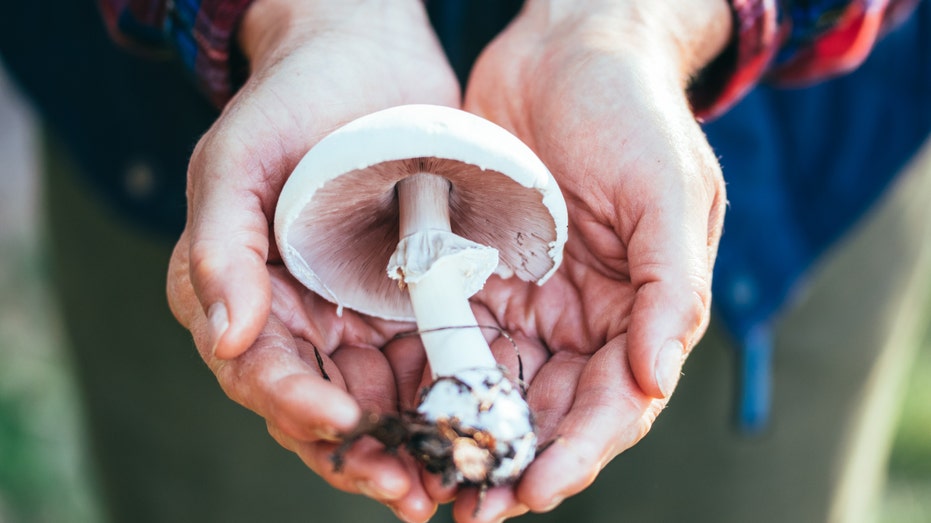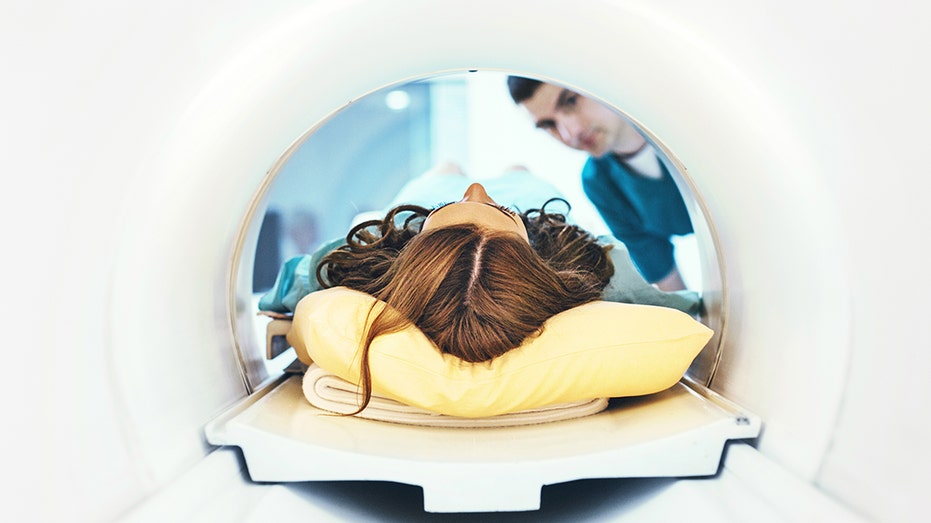Magic Mushrooms Show Promise for Parkinson’s Patients in UCSF Study

Sarah Johnson
May 7, 2025
Brief
Psilocybin in magic mushrooms may improve mood, cognition, and motor function in Parkinson’s patients, UCSF study finds, but more research is needed.
In a groundbreaking twist for Parkinson’s treatment, a small but striking study from the University of California San Francisco (UCSF) suggests that psilocybin, the psychedelic compound in magic mushrooms, could ease the burden of this neurodegenerative disease. The research reveals that psilocybin not only lifts mood and sharpens cognition but also, surprisingly, improves motor function in patients.
Parkinson’s, a disorder that disrupts movement and often clouds mental health, leaves many patients grappling with depression and anxiety that standard antidepressants struggle to address. According to lead researcher Dr. Ellen Bradley, mood issues can accelerate physical decline, overshadowing even the hallmark motor symptoms in their impact on quality of life.
The study followed 12 patients, aged 40 to 75, with mild to moderate Parkinson’s and coexisting depression or anxiety. They received two doses of psilocybin—10 mg, then 25 mg two weeks later—paired with therapy sessions. The results? At one-week and one-month check-ins, patients reported significant improvements in mood, cognition, and even motor skills, with benefits lingering for at least three months.
While side effects like nausea, anxiety, and elevated blood pressure cropped up, they were manageable and didn’t require medical intervention. Dr. Amir Inamdar, a U.K.-based pharmaceutical physician not involved in the study, noted the unexpected motor improvements might stem from psilocybin’s influence on serotonin and dopamine pathways.
Published in Neuropsychopharmacology, this pilot study marks the first exploration of psychedelics for a neurodegenerative condition. But Bradley cautions it’s just the beginning. A larger, more rigorous trial is underway to confirm these findings and decode how psilocybin works its magic. For now, she urges patients to avoid self-medicating, emphasizing that psychedelics aren’t yet proven safe for all.
This research opens a bold new chapter in Parkinson’s care, hinting at a future where unconventional therapies could transform lives. As science digs deeper, the hope is to pinpoint who benefits most—and how to deliver these benefits safely.
Topics
Editor's Comments
Who knew mushrooms could shake up Parkinson’s treatment? It’s like Mother Nature’s saying, ‘Take a trip, ease the tremors!’ But seriously, if psilocybin’s boosting dopamine and moods, it’s no wonder patients are moving better—nothing like a happy brain to get the body grooving. Just don’t expect your neurologist to start prescribing ‘shroom smoothies’ yet; science needs to sift through this psychedelic puzzle first.
Like this article? Share it with your friends!
If you find this article interesting, feel free to share it with your friends!
Thank you for your support! Sharing is the greatest encouragement for us.



